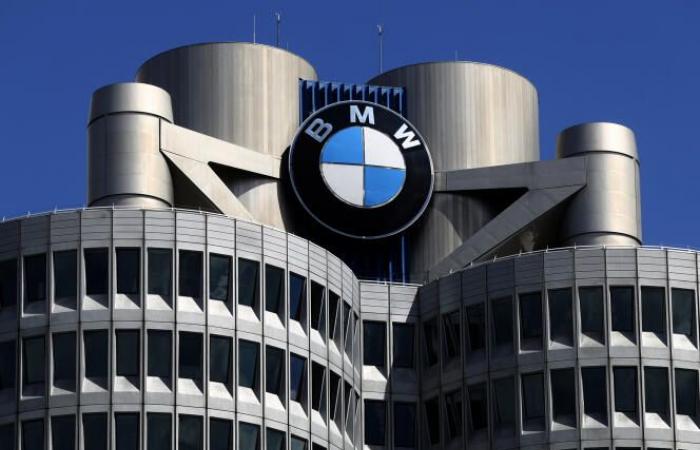New earthquake in the German automobile industry. A week after the giant Volkswagen announced a historic cost-cutting plan, it is BMW’s turn to enter the turbulence zone. The Bavarian manufacturer published a warning on its results on Tuesday, September 10, against a backdrop of new technical problems with vehicles and weak sales in China. The manufacturer is counting on a slight decline in its sales and a lower operating margin, between 6% and 7%, compared to the 8% to 10% forecast until now.
In its statement, BMW announced that it would have to recall 1.5 million vehicles due to faulty brakes. The supplier, German equipment manufacturer Continental, said the problem lay in an electronic component whose “operation could be impaired”. Vehicle safety does not appear to be affected: Continental stated that the braking power remained above the legal standards in force and that diagnostic software detected the problem before it occurred. Some systems still have to be replaced. For BMW, this recall results in warranty costs amounting to several hundred million euros.
The BMW share price fell by 10% on Tuesday, dragging down the entire European automotive sector, including Continental, to -6.2%. On the Paris Stock Exchange, Renault and Stellantis lost around 3%. The major French subcontractors – Valeo, OPmobility (formerly Plastic Omnium), Forvia – fell by between 3.8% and 5.2%.
Read also the column | Article reserved for our subscribers “It is not the transition to electric vehicles that is the cause of the European industry’s difficulties, but the way in which it was carried out”
Add to your selections
The event has the worst effect, because BMW has been accumulating recall operations for several months, at the risk of tarnishing its reputation. In March, the group recalled nearly 47,000 vehicles for the same brake problems, and a similar operation is underway in the United States.
Increase in vehicle complexity
In August, 1.36 million vehicles in China were sent to the garage because of potentially defective airbags. Shortly after, US authorities ordered a recall of 720,000 cars due to the risk of short-circuiting due to a “poorly sealed connection to a water pump”On September 2, the Bavarian-owned Mini brand confirmed that 150,000 electric vehicles would have to be repaired due to a risk of battery fire.
The Munich firm is, of course, not alone in this situation. Its competitor Tesla recalled more than 4 million vehicles in the United States between January and August. For a long time, these recalls mainly concerned mass-market manufacturers, such as Volkswagen or Toyota. Today, even well-known high-end brands such as Audi, Mercedes, BMW and Volvo must also increase repair operations. The problem has a structural dimension: all manufacturers are faced with an increase in the complexity of vehicles, which contain more and more computer hardware.
You have 40.91% of this article left to read. The rest is reserved for subscribers.






